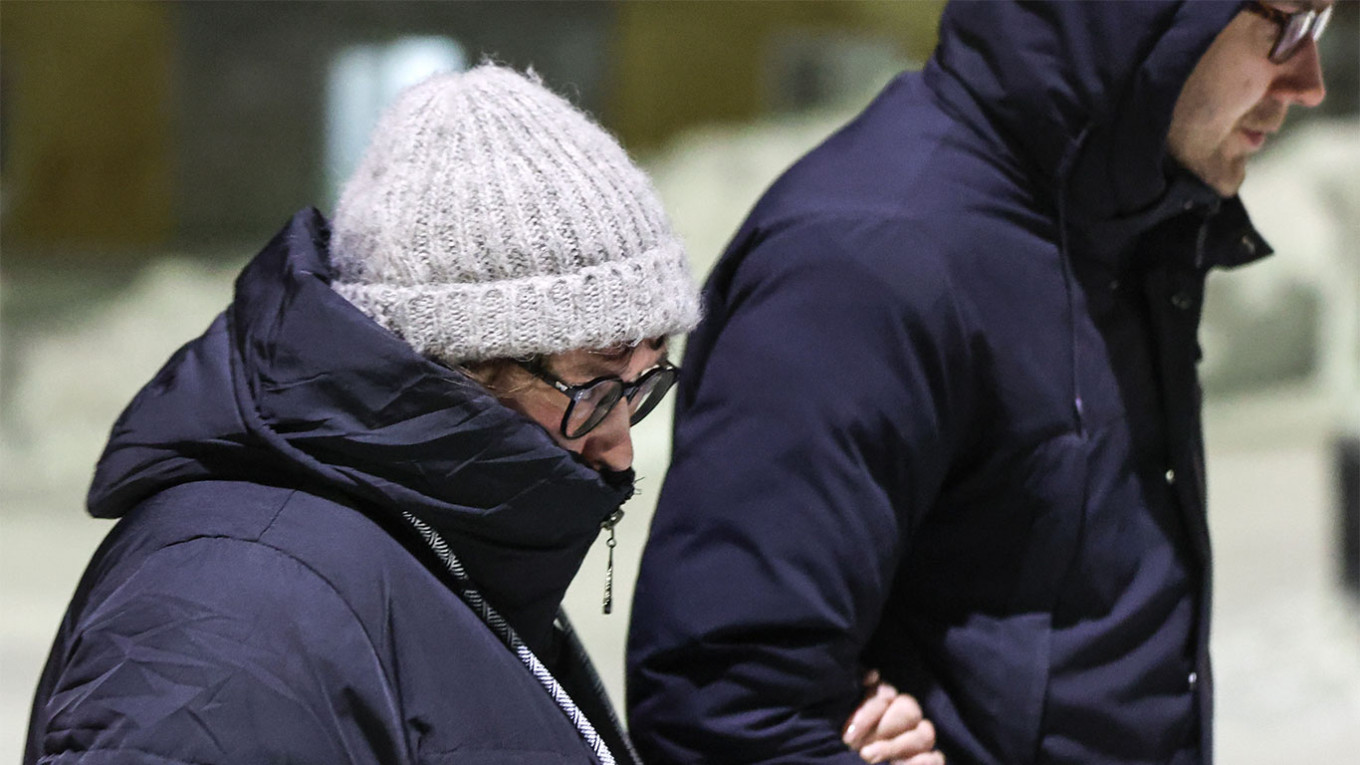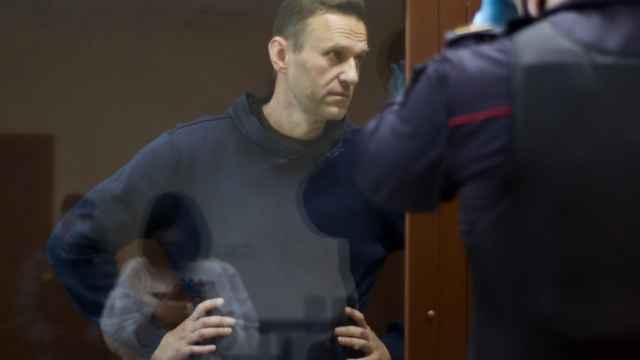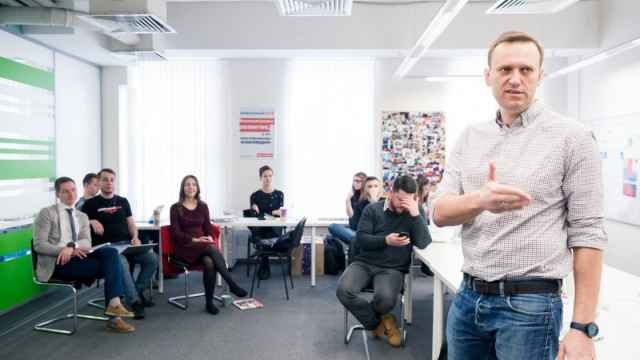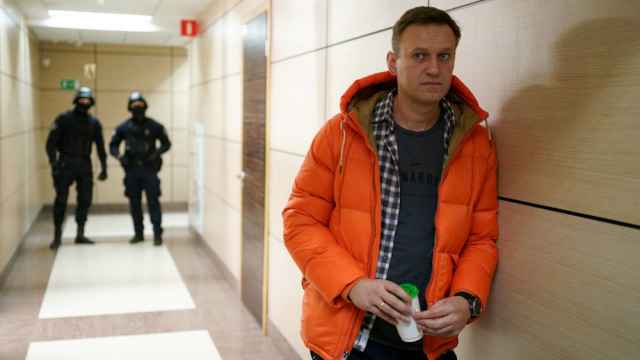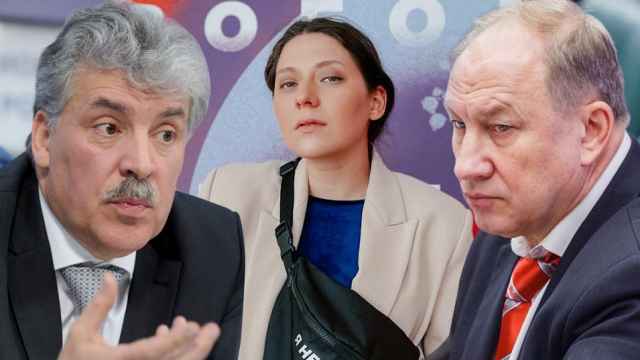A court in the Russian Far North will next month hear a case brought by the mother of late opposition activist Alexei Navalny, who has so far been prevented from seeing her son's body, his allies said Wednesday.
Lyudmila Navalnaya traveled to the remote IK-3 penal colony where her son died last week, but since Saturday, when she arrived at the remote facility, she has been unable to see his body.
On Tuesday, she appealed to Russian President Vladimir Putin for the release of her son's body.
"I appeal to you, Vladimir Putin. The solution to the issue depends only on you," she said in a video address.
The state-run TASS news agency later reported that a court in the Arctic city of Salekhard had received a complaint about "illegal acts" from Navalnaya and that the hearing would take place behind closed doors.
Navalny's allies said on social media that the court would consider the case on March 4, more than two weeks after Putin's most formidable opponent died.
Navalny's widow Yulia Navalnaya echoed the the call of the late activist's mother, demanding authorities allow for him to be "buried with dignity."
A Message from The Moscow Times:
Dear readers,
We are facing unprecedented challenges. Russia's Prosecutor General's Office has designated The Moscow Times as an "undesirable" organization, criminalizing our work and putting our staff at risk of prosecution. This follows our earlier unjust labeling as a "foreign agent."
These actions are direct attempts to silence independent journalism in Russia. The authorities claim our work "discredits the decisions of the Russian leadership." We see things differently: we strive to provide accurate, unbiased reporting on Russia.
We, the journalists of The Moscow Times, refuse to be silenced. But to continue our work, we need your help.
Your support, no matter how small, makes a world of difference. If you can, please support us monthly starting from just $2. It's quick to set up, and every contribution makes a significant impact.
By supporting The Moscow Times, you're defending open, independent journalism in the face of repression. Thank you for standing with us.
Remind me later.


